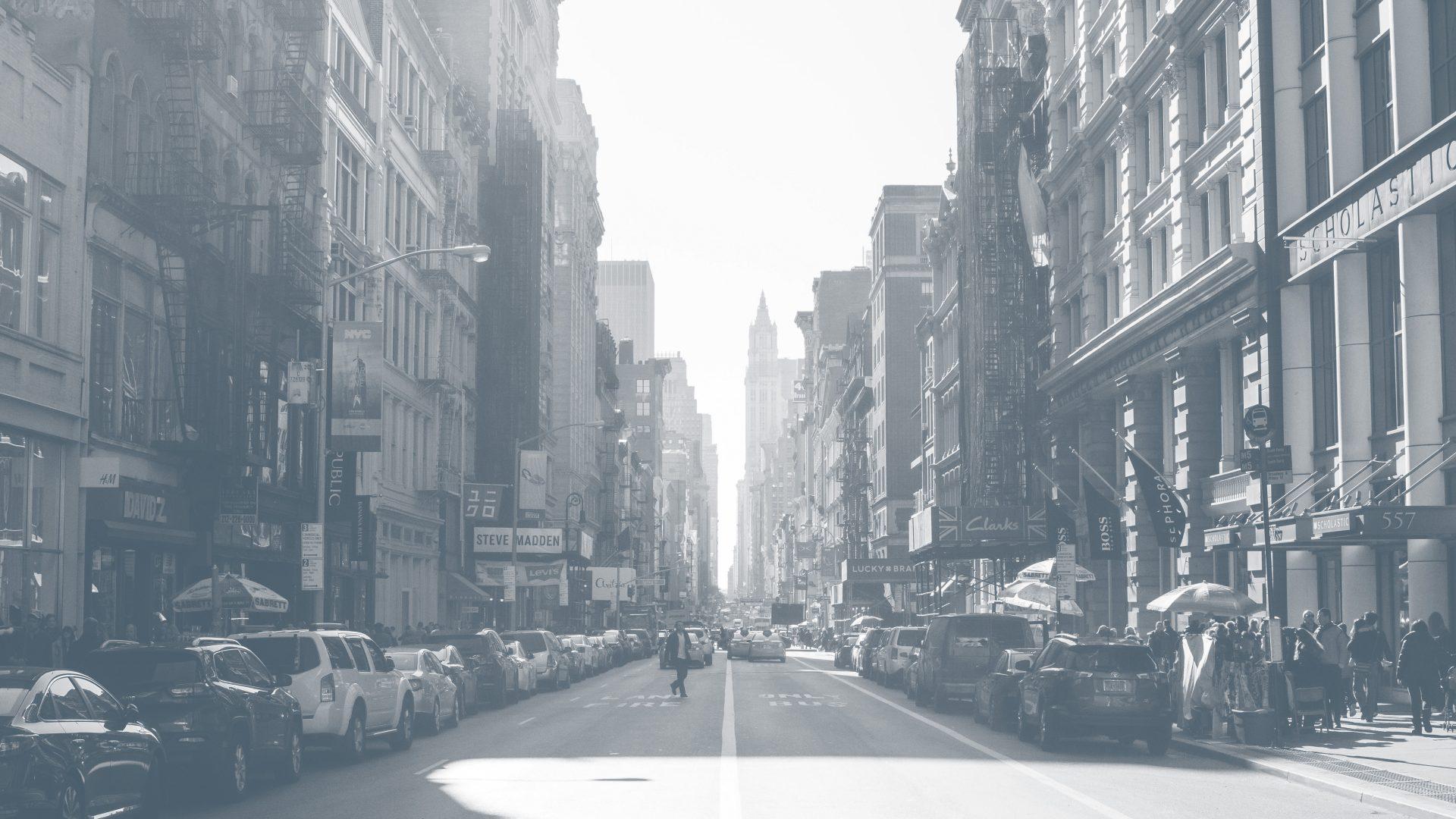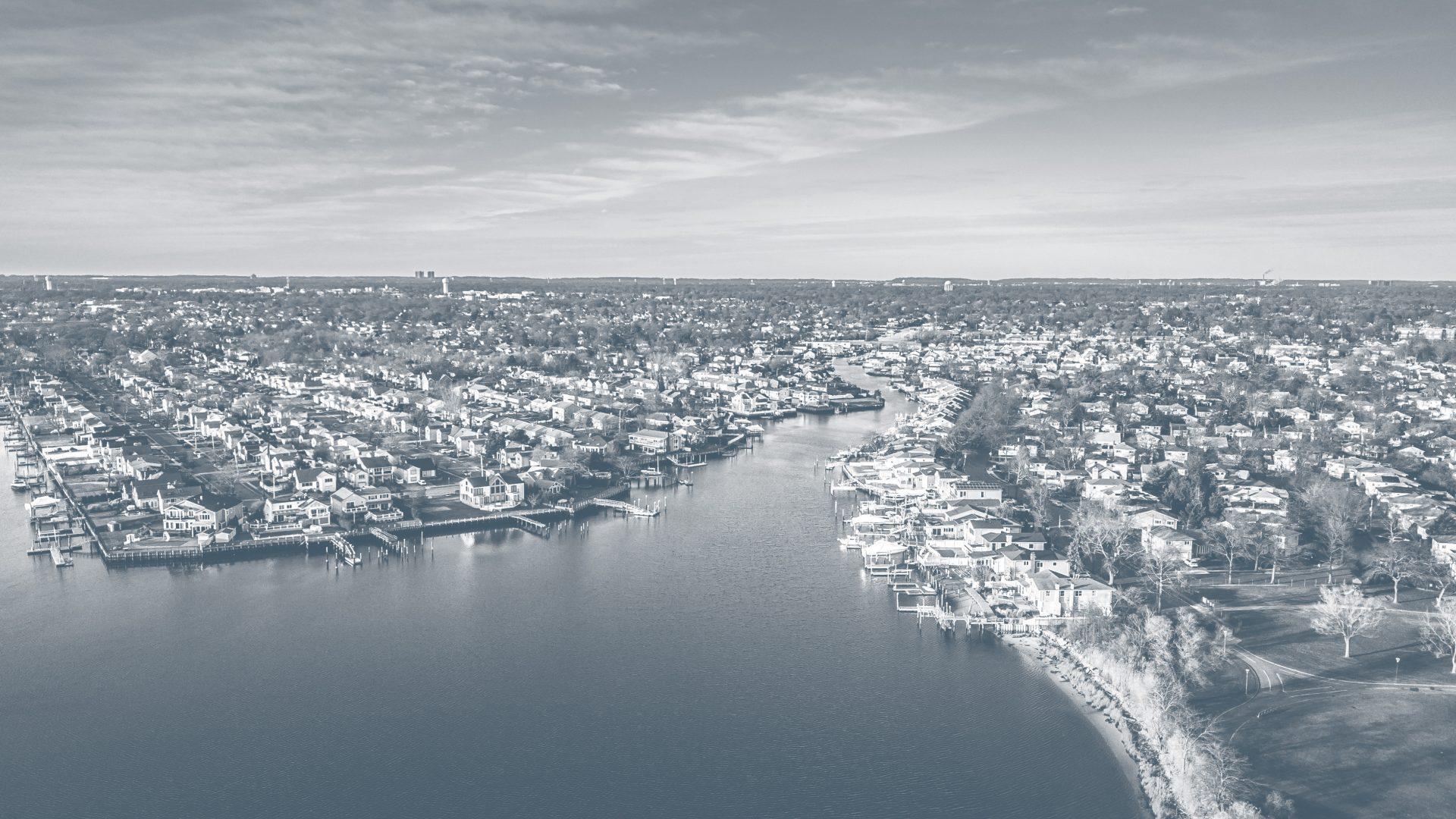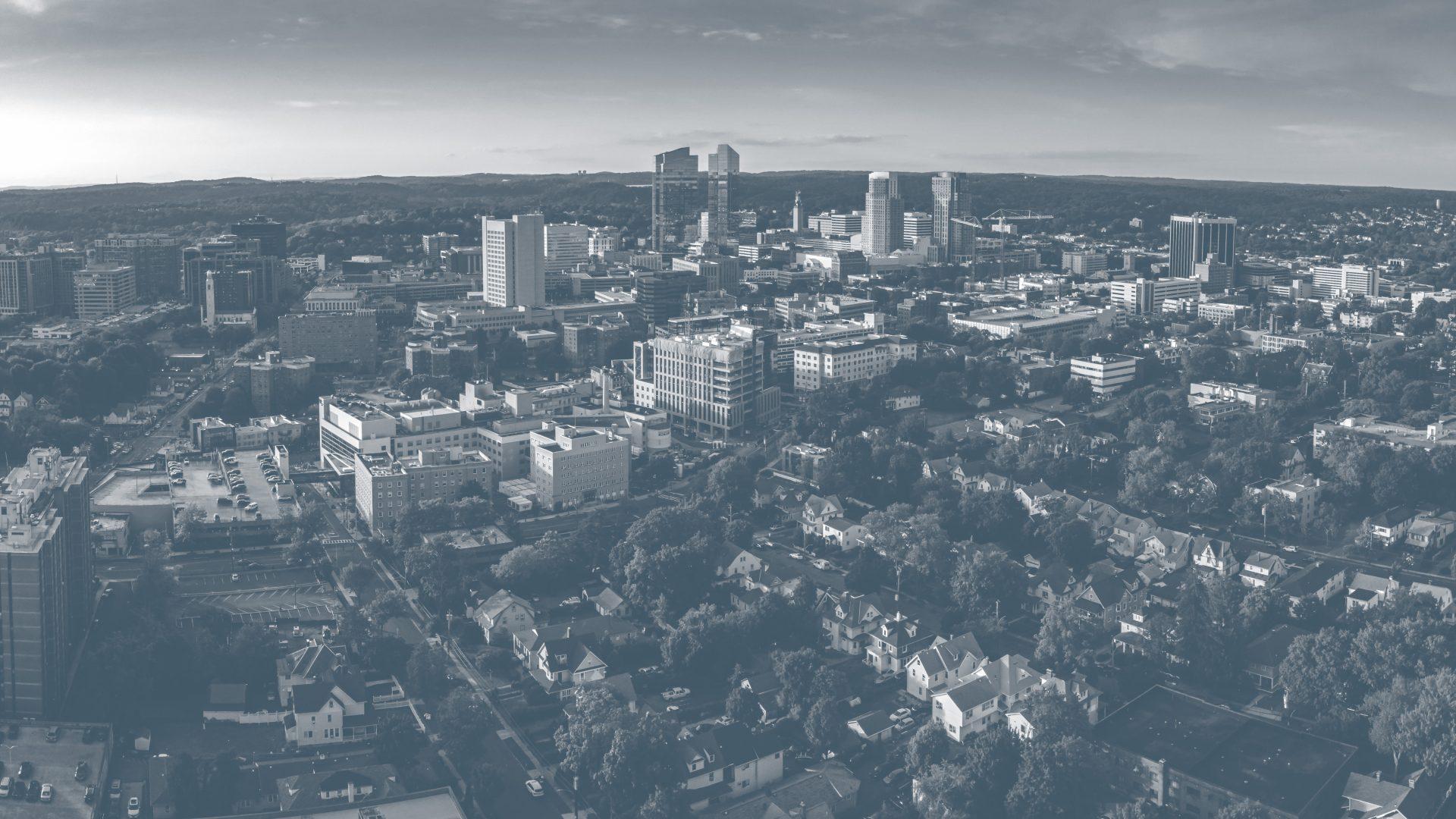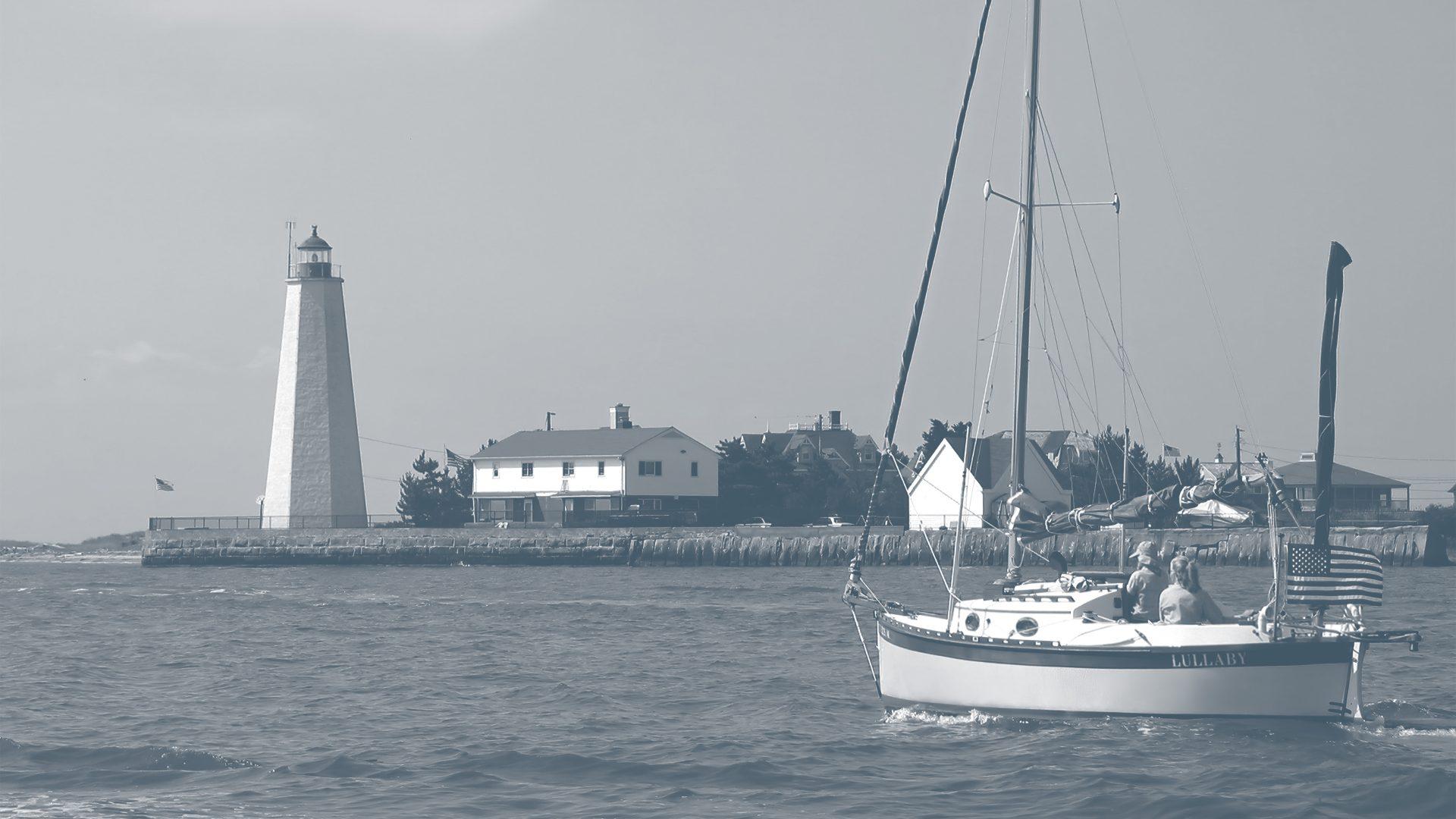An accessible bathroom is a crucial element in creating an inclusive living environment, ensuring that individuals of all abilities can navigate and utilize the space safely and comfortably. The design of an accessible bathroom goes beyond mere compliance with regulations; it embodies a commitment to providing a dignified and independent living experience for everyone, including those with mobility challenges, the elderly, and individuals with disabilities.
The core of designing an accessible bathroom lies in its user-friendly features, which prioritize ease of access, safety, and functionality. This includes considerations such as wide doorways to accommodate wheelchairs and walkers, a curbless shower to eliminate tripping hazards, and strategically placed grab bars to assist in movement and stability. The layout should be spacious enough to allow for unobstructed maneuverability, ensuring that individuals can navigate the space without encountering barriers.
In addition to physical features, the aesthetic aspect of an accessible bathroom should not be overlooked. Creating a space that is not only functional but also visually appealing contributes to a positive and uplifting environment. Selecting materials, colors, and fixtures that align with the overall design aesthetic of the home ensures that the accessible bathroom is both practical and stylish. Incorporating elements such as non-slip flooring, which is available in various textures and patterns, and ergonomic fixtures, which can be both modern and traditional in design, allows for a seamless blend of functionality and aesthetics.
Technology also plays a pivotal role in enhancing the accessibility and convenience of a bathroom. Innovations such as touchless faucets, adjustable lighting, and voice-activated controls can significantly augment the user experience, providing additional layers of comfort and autonomy. These technological integrations can be particularly beneficial in an accessible bathroom, providing intuitive and effortless control over various features and functionalities.




 MANHATTAN
250 Park Avenue
MANHATTAN
250 Park Avenue LONG ISLAND
100 Duffy Ave
LONG ISLAND
100 Duffy Ave WESTCHESTER COUNTY
73 Market Street
WESTCHESTER COUNTY
73 Market Street FAIRFIELD COUNTY
1000 Lafayette Blvd
FAIRFIELD COUNTY
1000 Lafayette Blvd